Is Laser Gum Surgery Painful?
Periodontal disease is an oral condition that can be detrimental not only to the health of your overall health. Patients who struggle with periodontal disease often have trouble controlling blood sugar and are at a higher risk for heart disease and stroke. Left untreated, periodontal disease quickly leads to gum recession, which in turn leads to bone loss and eventually, tooth loss.
Gum recession can be very painful because the protective gum tissue that typically covers your tooth roots pulls away from the surface of the tooth, exposing the sensitive roots. This happens when the gum pockets between each tooth become infected with tartar and bacteria. The gum pocket is the space between each tooth and the gum tissue, which in healthy individuals measures a depth of 0 to 2 millimeters. Patients with periodontal disease will have much deeper pocket depth measurements. The only way to clear periodontal disease is with professional intervention.
What is Laser Gum Surgery?
Laser gum surgery is one procedure that is utilized in the treatment of periodontal disease. More traditional options include gum grafting, which is much more invasive and has a longer recovery time. Laser gum surgery does not require incisions or sutures, so healing time is minimal. It is much less invasive and only takes a day or two to heal, allowing you to resume your normal diet and activities much quicker.
For the laser gum surgery procedure, tiny pinholes are made in the gum tissue where it meets the cheek in the area of recession. These access points are used to insert a special tool to loosen the gum tissue from the jaw bone so that it can be pulled back into position over the tooth roots. A piece of collagen is placed under the tissue at each access point to keep it in position while it begins to heal. The procedure takes around two hours for an area covering one or two teeth.
Is Laser Gum Surgery Painful?
During the actual procedure, you will be numb, so you will not feel anything during treatment. The only time you may experience some minor discomfort is as the anesthetic begins to wear off, but most patients are able to manage their pain with over-the-counter pain medication such as Tylenol or Advil.
Laser gum surgery is generally considered to be less painful than other treatment methods. Gum grafting is reported to be much more painful. If you do experience pain that is severe or more than you think is normal, it is important to see your doctor to make sure that you are not developing an infection.
It is important to note that everyone experiences pain differently, so what one patient feels is unbearable may be no big deal to you!
What is the Recovery Period From Laser Gum Surgery?
Most patients recover within a day or two and are able to return to a normal diet. Since there are no incisions or sutures, the surgery site is able to heal very quickly! After a couple of days, the access holes will disappear.
For the first 24 hours after laser gum surgery, it is important to continue your regular oral care routine while taking great care to avoid the surgery site. Your doctor will give you detailed instructions for your postoperative care to help you heal as quickly as possible.
The results from laser gum surgery are considered a permanent solution, though aging, genetics, and oral hygiene can all play a role in the gum tissue receding again.
Why Should I Have Laser Gum Surgery?
As we discussed, periodontal disease can have a negative impact on your overall health. When bone loss starts, it can set off a domino effect of tooth loss followed by additional bone loss and further tooth loss. The roots of our teeth help stimulate bone regeneration, so the jawbone is always utilizing the osteoblast cells that keep it strong. When a tooth is lost, the stimulation is no longer there to encourage regeneration; therefore, the bone in the area of the lost tooth deteriorates, and can cross over to the area of a neighboring tooth and cause it to come out as well.
This is also why it is important to replace the missing tooth. Dental implants are the best way to restore a lost tooth, but more traditional options like dental bridges or partial dentures work to prevent bone loss at the opposing site.
Laser surgery is a minimally invasive way to eradicate periodontal disease and ensure that you keep all of your natural teeth as long as possible.
Speak with your dentist if you are concerned about any gum recession that you notice. It is ideal to treat any problem as soon as possible to avoid further damage.

